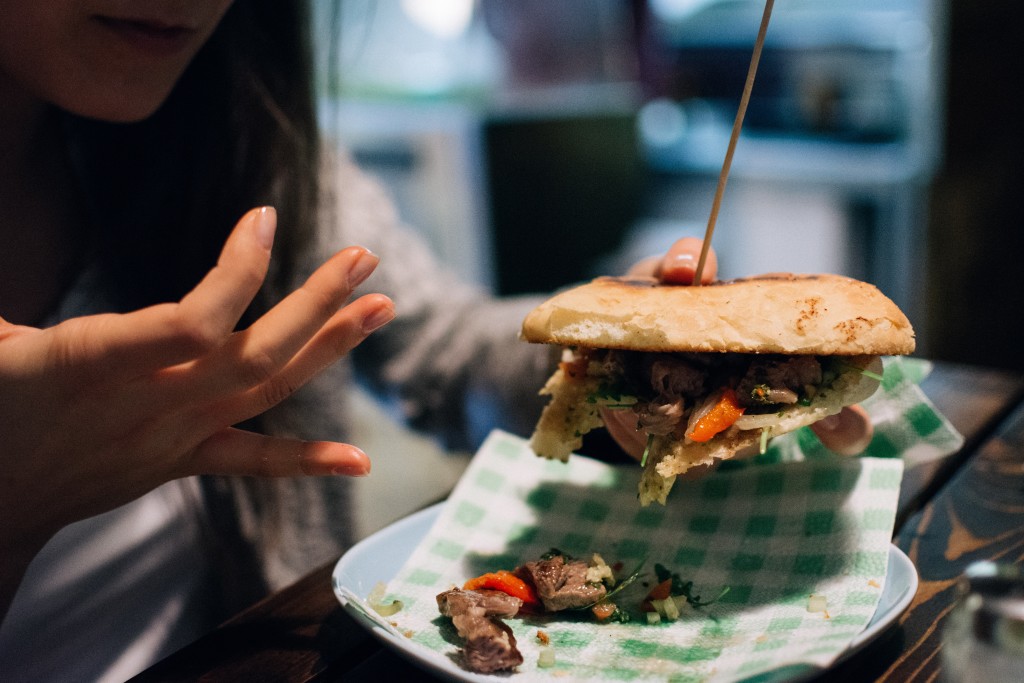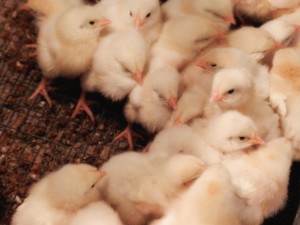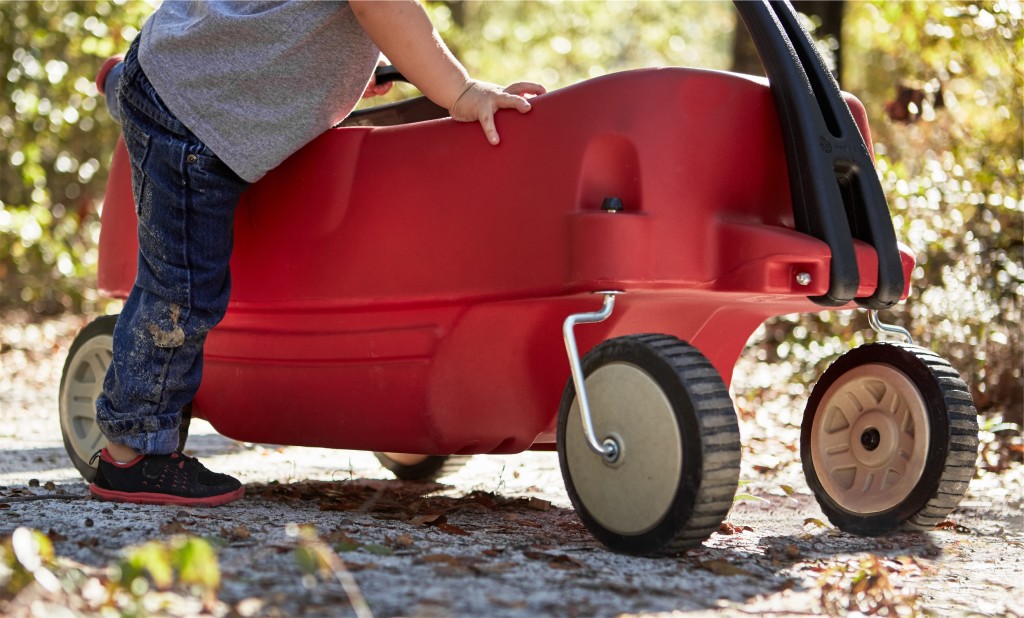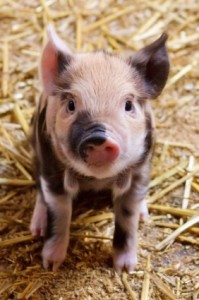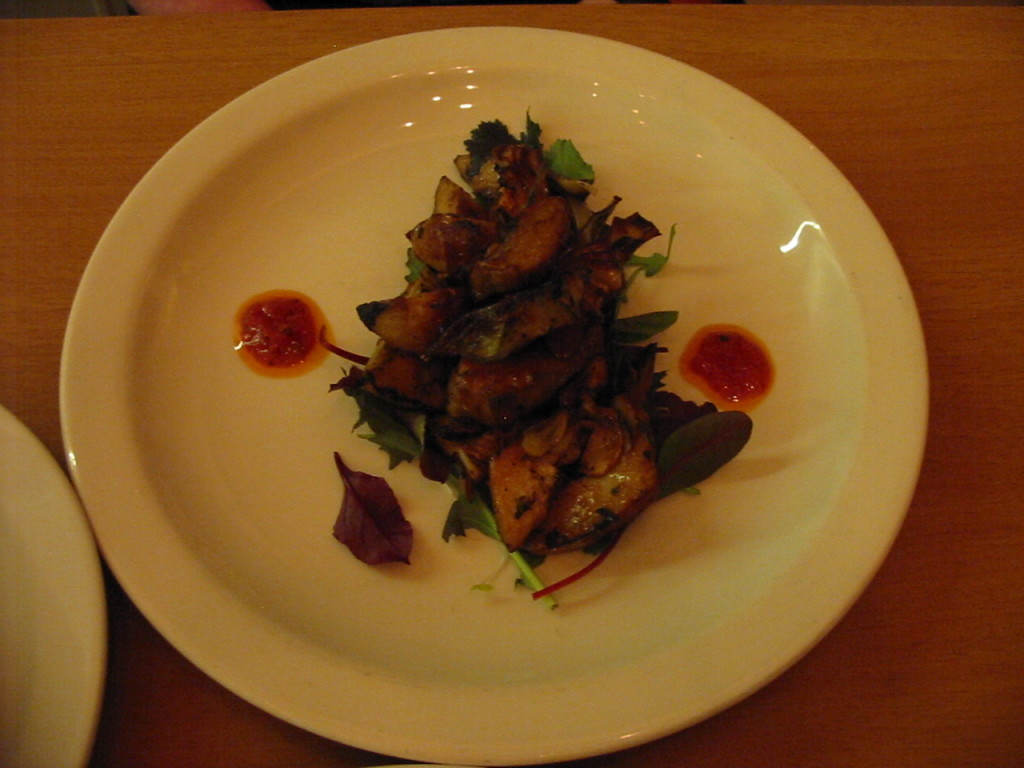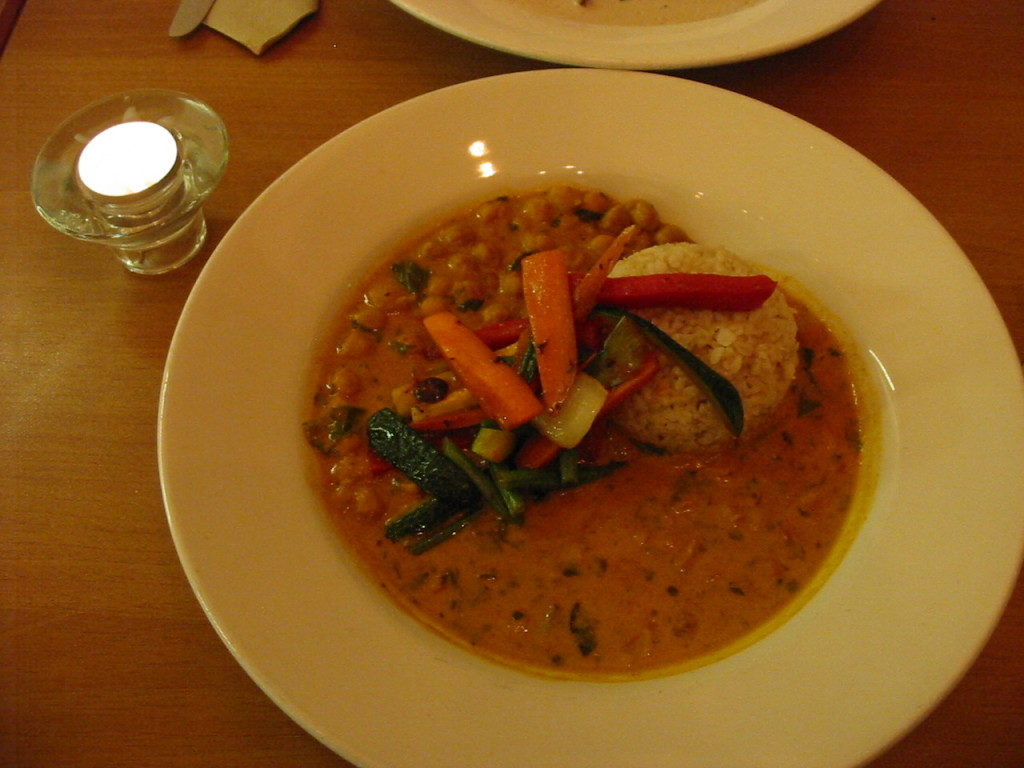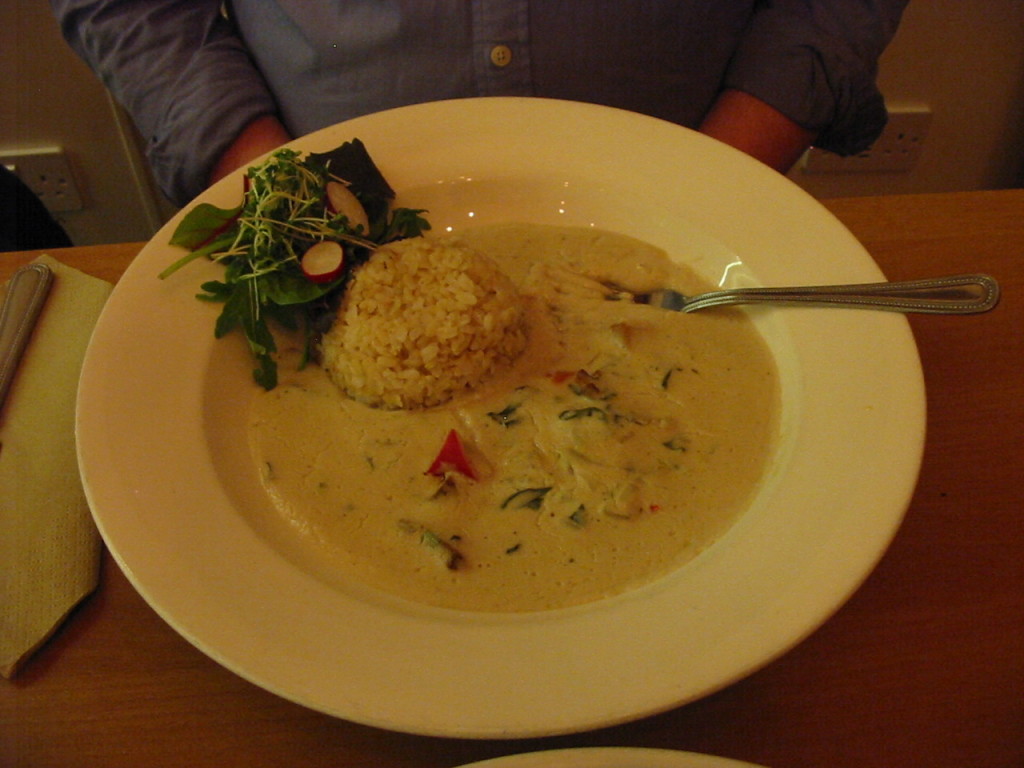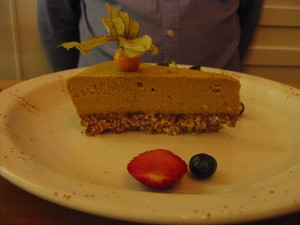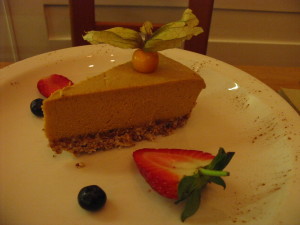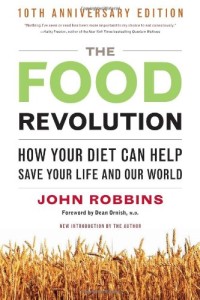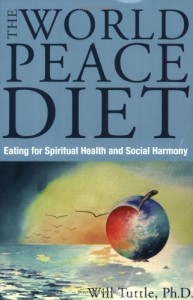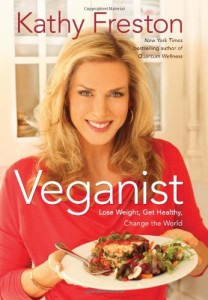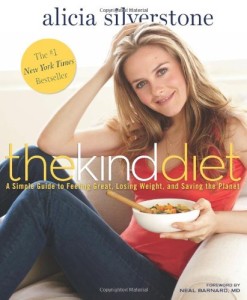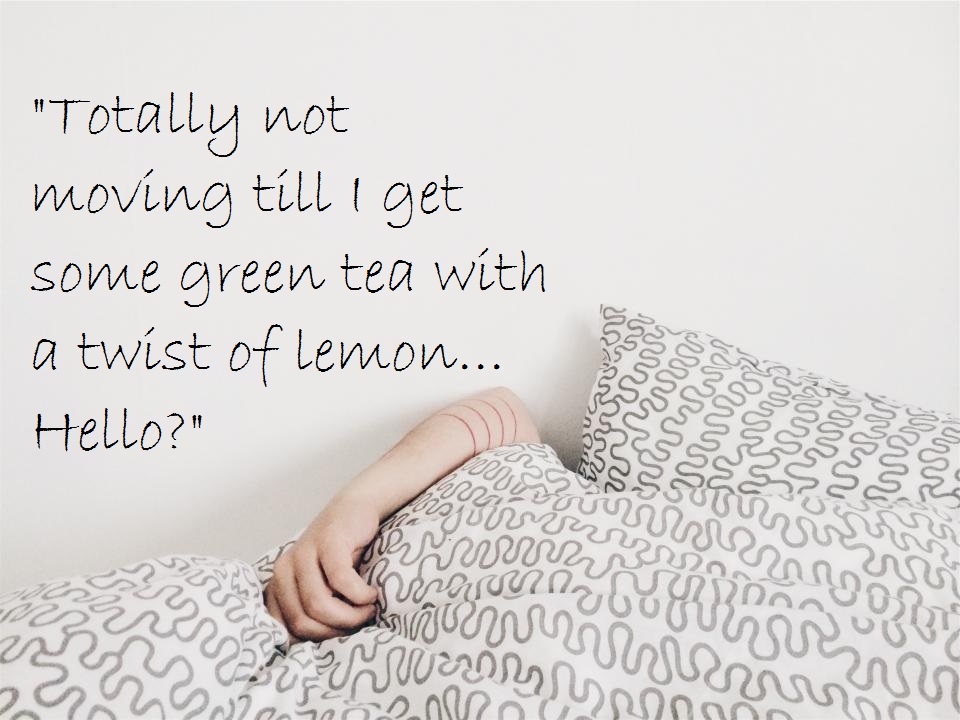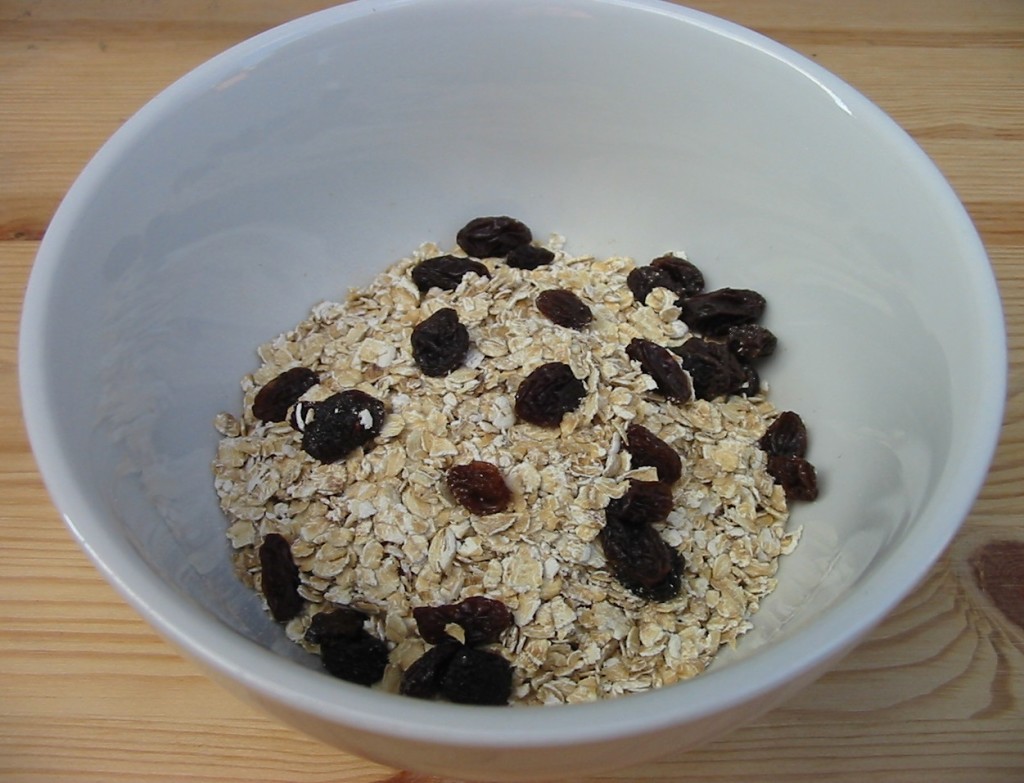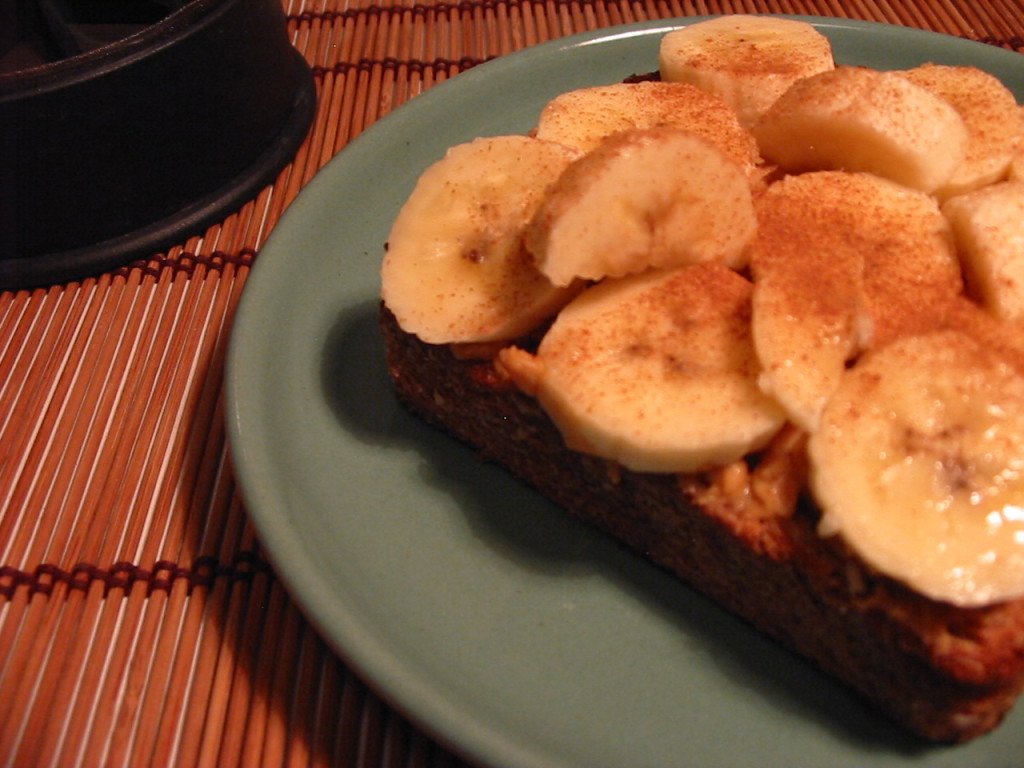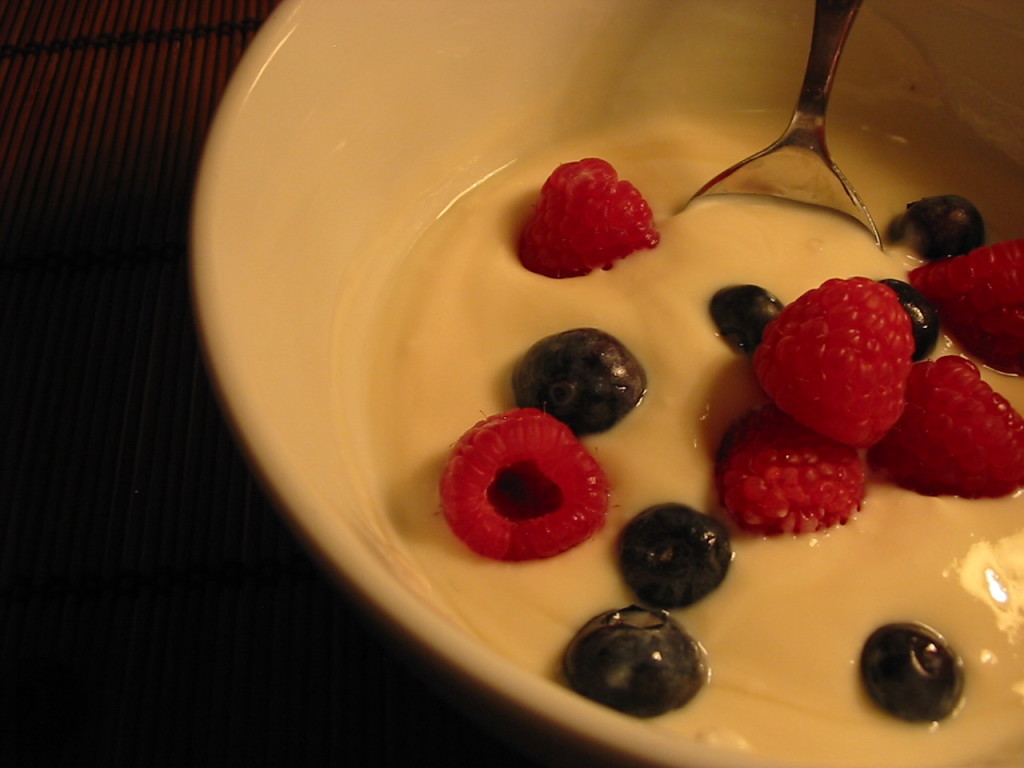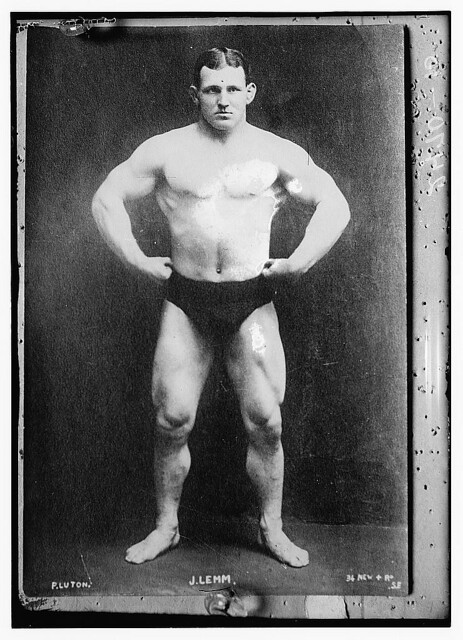
OK, so I have to start by saying I don’t have kids.
But I know a tonne of kids; was an au pair for four years, and regularly look after kids now (this obviously includes feeding them!).
AND, for the longest time I’ve been an avid reader of vegan/plant-based family blogs where the children have either been brought up vegan from birth, or where the parents went plant-based after their kids were born, and subsequently endeavoured to improve their kids diets,
One thing I’ve observed and learned is this – parents have a lot more power than they think in this respect.
I KNOW there are a shedload of bad influences out there, all vying to push dairy products, chicken nuggets, sugar and processed junk on children, not to mention the added nightmare of peer pressure. But every kid faces the same societal forces, yet not every kid cares about them.
I’ve SEEN kids choose kale; I’ve SEEN kids choose the healthy option; and the common denominator behind all these kids were parents that were informed on nutrition and prioritised it for their kids, and shared this information with them (as much as they could, simplifying when necessary).
If you are a parent who is new to whole, plant foods; this is AWESOME – your kids can learn with you!
You can share the experience of learning, cooking and trying new foods as a family. If kids are as involved in this process as the parents, it may even be more effective this way.
Some kids are naturally adventurous and will go along with anything and try any food put in front of them. If you have one of these, congratulations – you win life!
If you don’t have one of these amazing creatures (and I’m very well aware you can have one of these AND a picky kid in the same family!), and you’re concerned your child won’t take to a healthier diet and will starve themselves rather than eat anything green; don’t give up hope. By nature of them being young, kids are malleable and flexible. They change their minds often, and now is the time to influence them positively around their food habits.
What CAN parents who are new to a plant-based diet do to get their kids to eat healthy?
In my opinion, these 7 things:
1. Greens are an absolutely VITAL part of a healthy diet, they are the sun in food form, and we need all the vitamins and minerals they provide.
Any science-loving kid will engage with the explanation of HOW the sun makes the leaves green and fills them with nutrients for us. If they understand WHY we need them, they may be more enthusiastic about eating them. Here is the science if you need to gen up (I did!).
One thing I’ve often heard that drives me crazy is a parent saying to another parent or friend ‘oh, (insert kids name here) doesn’t do greens’ IN FRONT OF THE KID!! Please NEVER say this! They’ll internalise it, it will become part of their identity around food, and it gives them a get-out to NEVER eat greens again!
Always talk in a positive, encouraging way when talking about greens and other veg. Talk about how great they are and how good they make you feel. Eat all veg joyfully in front of them!
I absolutely realise that sometimes this may take a while to have effect. If kids leave veg on the plate or say negative things about it, just ignore this and do the same thing the next day.
Changing any habit is a process, but if kids feel YOU have nothing but good energy around greens and healthy food, this cannot help but influence them eventually.
2. If kids have helped make a meal, they are more invested in eating it.
This may be more time consuming, but is a great way of getting them on board with eating healthier, and once they’ve made and eaten a certain food item, you don’t necessarily have to get them to help make it again – they’ll remember the fun they had helping make it the first time and will vibe off of that and want to eat it again.
Little ones can help breaking off the broccoli or cauliflower florets and popping them in the steamer for example, or they can create their own oats/dried fruit/berry concoction for breakfasts. Slightly older kids can weigh ingredients or help with cup measurements. I have a set of cups and spoons that are brightly coloured and kids naturally gravitate towards them ‘cos they look like fun.
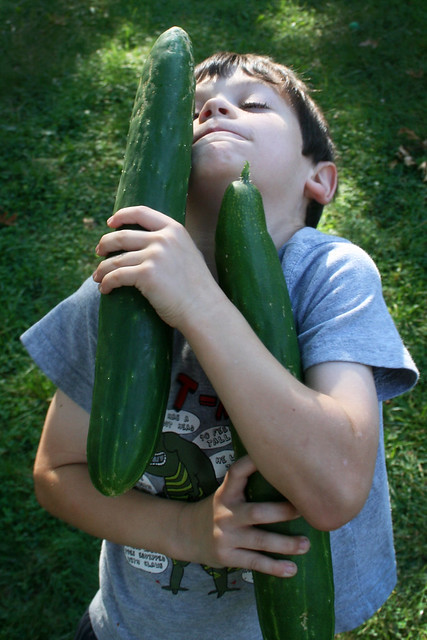
3. Go shopping with the kids and give THEM the shopping list, and let them go seek everything out in the supermarket.
The more investment they have in the whole process, from procuring the food to preparing it, the more likely they are to eat it.
4. Kids, especially young ones, tend to GET that it’s not cool to have animals killed for us to eat. I wrote about that here.
When easing meat and dairy out of a kids diet, explain (again, in an age appropriate way), about your reasons for this, whether it’s for health, the animals, the planet, or all three. Just as for adults, understanding something can be the key to kids wanting to change.
5. If you have kids that have been used to burgers and sausages, I’ve found that if you give them tasty plant-based versions, they are not really any the wiser if you don’t tell them.
And if you DO tell them, and they understand that these burgers/sausages are great because no animal was killed for them, AND the burger is delicious – they will eat and enjoy it JUST THE SAME as if it was meat. It’s probably the ketchup they care more about anyway (which is full of sugar, but sometimes you have to pick your battles!)
Yes, these foods are not always optimally healthy, but you only need to use them while transitioning and getting kids used to not eating animals (It can really help kids at first if the new food they are eating RESEMBLES the food they were previously eating). And don’t forget – veggie burgers and sausages are STILL healthier than their animal flesh counterparts, as they contain zero cholesterol, oodles less saturated fat, zero antibiotics and zero hormones.
6. It’s all about taste, texture and fun.
Seek out recipes for healthy food that is attractive to kids. Here’s some (Dreena Burton is fab!). Here’s more.
7. Patience, patience and more patience are required
(I’m a fine one to talk about patience – I have zero. It’s probably a good thing I have zero kids!).
It will take more time to prep meals with kids helping. It will take time communicating the value of certain foods and why you no longer eat others. Depending on your previous eating habits, you may need more time in the kitchen than before. And yes, your kid may well tell you to stuff that broccoli up your bottom, and you may end up throwing away uneaten food at first.
Your efforts will pay off though, I promise. Excitement and energy around delicious, healthy food is contagious – your kids will catch it eventually!
As I mentioned right at the beginning, I am writing this based on my experience of being with, talking to and looking after lots of kids, and reading about the experiences of a whole bunch of vegan families.
However, it can always be thrown back in my face that I’m not a parent.
I guess I get this.
So, if you are a parent facing the challenge of getting your kids to eat healthier, I would LOVE to hear your experiences, and if you have any other (or better!) ideas, feel free share them with us in the comments.

